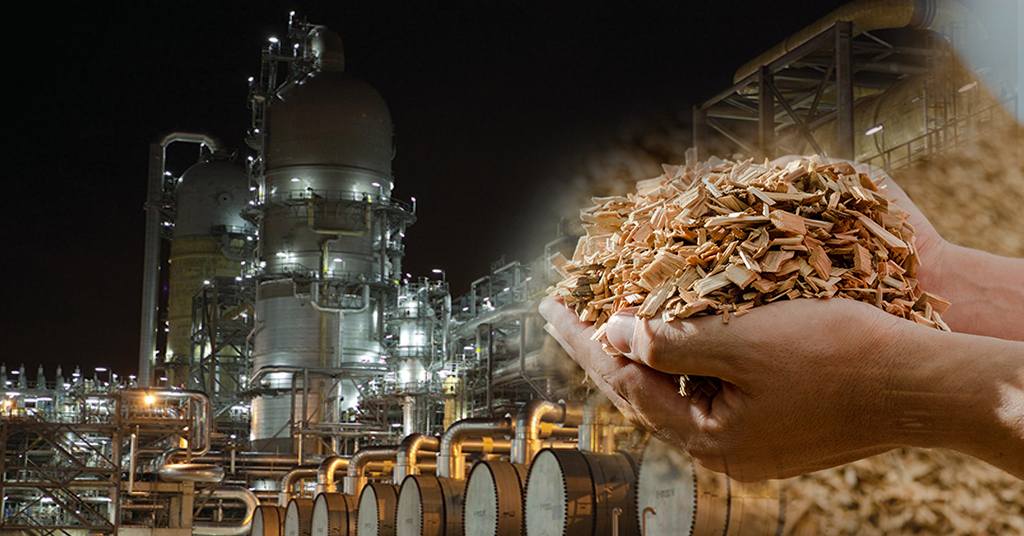Welcome To ChemAnalyst

The global energy industry is witnessing a significant surge in the construction of natural gas pipelines, with a combined length of 70,000 kilometers currently at different stages of development. The estimated investment for these projects stands at a staggering $194 billion, underscoring the massive scale and economic impact of these undertakings.
A majority of these pipeline constructions, accounting for 83% of the total, are concentrated in Asia, with an expenditure of approximately $117.2 billion. This dominance of Asia in the ongoing pipeline projects can be attributed to the efforts of countries like China and India, which are actively transitioning from coal-based energy to natural gas. Furthermore, these nations are also striving to establish more extensive network connections to facilitate this energy transition.
China, a dominant force in the global energy scenario, is at the forefront of these construction efforts. The country is currently involved in around 150 projects spanning a total length of 30,300 kilometers. Among these, the Xinjiang pipeline holds significant prominence. Other notable projects include the Chaohu-Jiangbei and Hefei Lubei-Chizhou Maya natural gas pipelines.
Russia, another key player in the energy landscape, has approximately 2,900 kilometers of pipelines under construction. These projects, led by state-owned Gazprom, involve an investment of about $8.2 billion. The primary objective of this expansion is to bolster domestic transmission connectivity and augment export capacity through pipelines and onshore LNG terminals. Moscow's focus on penetrating the Asian market is seen as a significant catalyst propelling these projects.
Iran, despite facing international sanctions, is actively engaged in constructing a 5,000-kilometer pipeline at an estimated cost of nearly $18 billion. One of its major projects, the IGAT 11 natural gas pipeline, which spans 1,200 kilometers, is expected to be completed by 2026. Adjacent to Iran, Pakistan is undertaking the construction of approximately 1,800 kilometers of pipelines for gas imports, with a total investment of $3.7 billion. However, the Iran-Pakistan Pipeline, intended for gas imports from Iran, has been delayed due to the sanctions imposed on Iran by the US in 2014.
The report also highlights the extensive pipeline proposals and projects in the pipeline, which collectively span an impressive 159,000 kilometers. This underlines the widespread efforts and substantial investments directed towards expanding the global natural gas infrastructure. The dynamic nature of the energy industry is evident, with various countries actively pursuing pipeline projects to cater to the escalating demand for natural gas and enhance their energy security.
We use cookies to deliver the best possible experience on our website. To learn more, visit our Privacy Policy. By continuing to use this site or by closing this box, you consent to our use of cookies. More info.
